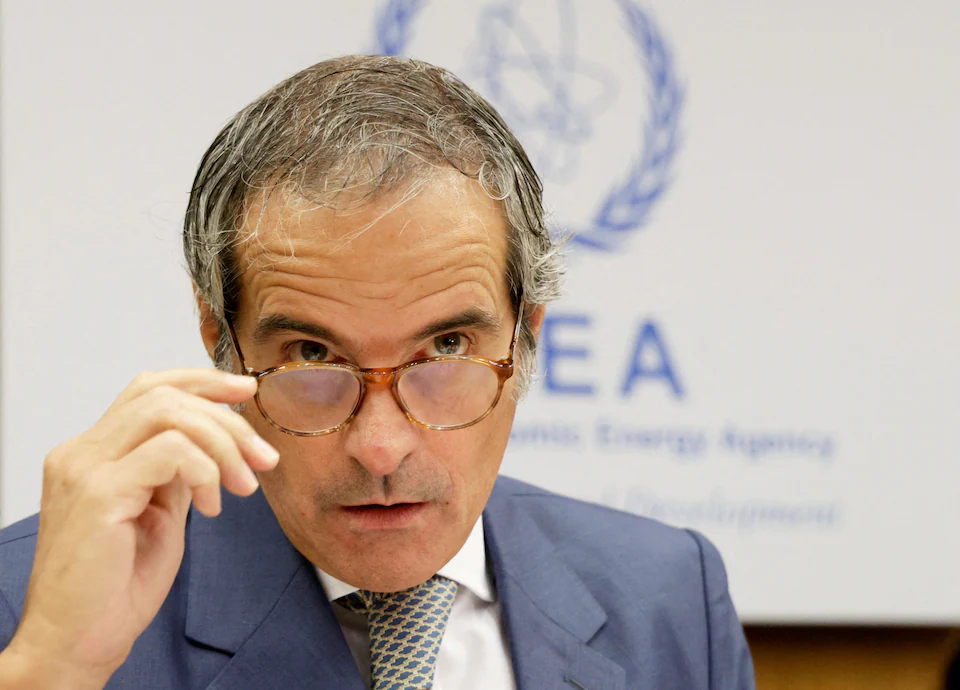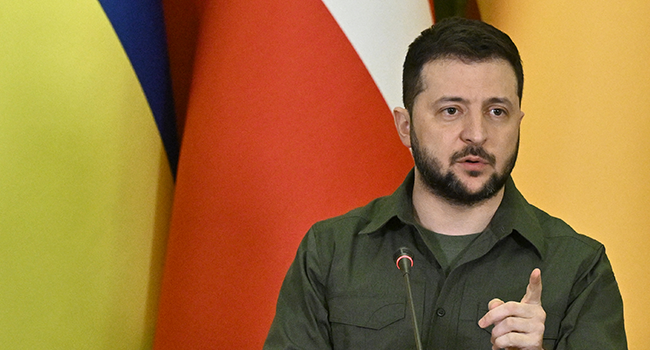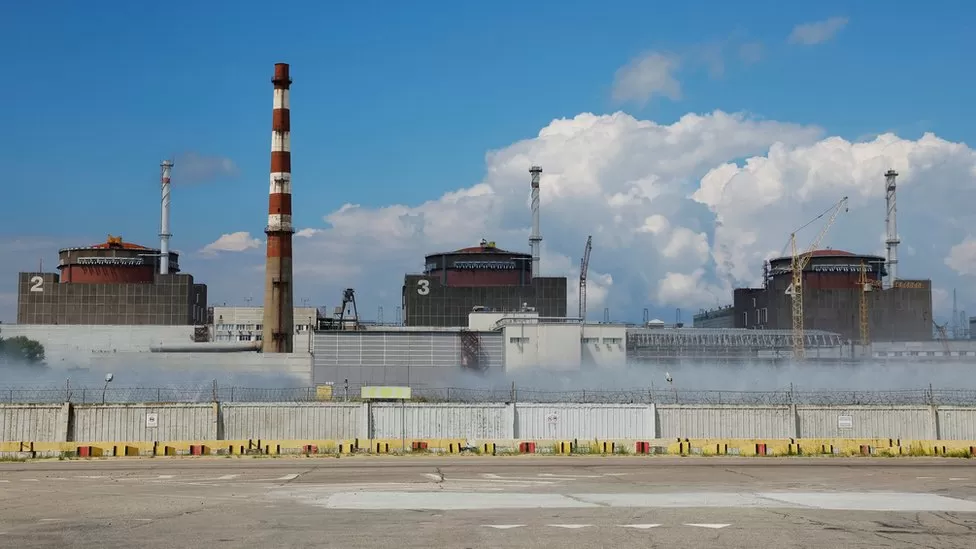International
Iran Signals Openness to Renew Nuclear Talks, Says IAEA Chief

U.N. nuclear watchdog chief Rafael Grossi noted on Tuesday that he sensed a shift in Iran’s attitude toward engaging more constructively with the International Atomic Energy Agency (IAEA).
Following discussions in New York, Grossi expressed optimism about making tangible progress and revealed his plans to visit Tehran in October.
For years, the IAEA and Iran have been at odds over several critical issues, such as Tehran’s restriction on uranium-enrichment experts within the inspection team and its long-standing failure to clarify the presence of uranium traces at undeclared locations.
In New York, Grossi met with Iranian Foreign Minister Abbas Araqchi, a pivotal figure in the 2015 nuclear deal that imposed limits on Iran’s uranium enrichment in exchange for the lifting of Western sanctions.
Speaking to reporters, Grossi remarked, “What I see is an expressed willingness to re-engage with us in a more meaningful fashion.”
Amid stalled nuclear diplomacy due to both the Iranian and U.S. presidential elections, Iranian and European officials convened in New York to gauge the potential for easing tensions concerning Iran’s disputed nuclear activities, its involvement in Ukraine, and increasing regional pressures.
Grossi emphasized the urgency of resuming substantive technical discussions with Iran and set his sights on meeting with Iranian President Masoud Pezeshkian during his planned trip to Tehran in October.
He stressed the need to inject real substance into these talks, saying, “Of course now we have to give content and substance to this because we are not starting from zero.
We have had a relatively protracted process without replies to some of the questions we have.”
EDITORS PICK:
- Russian Forces Launch Assault on Vuhledar, Reports Says
- Russian Strike on Poltava Disrupts Power Supply
- Borrell: West Must Act to Stop Russian Blackout in Ukraine
He also pointed out the importance of coordinating with Iran during this period of uncertainty, as Tehran assesses its next steps with its international partners, particularly the United States.
Despite multiple IAEA board resolutions urging Iran to cooperate with investigations into the uranium traces and to lift the ban on inspectors, little progress has been made.
The most recent IAEA reports, dated August 29, confirmed that no significant advances had occurred.
Iran’s nuclear program has continued to develop. By the end of the last quarter, Iran had completed the installation of eight new cascades at the Fordow facility, though these had not yet been activated.
At Natanz, another major underground site enriching uranium to 5% purity, 15 new cascades of advanced models had been brought online.
“Iran has kept a regular pace without accelerating too much, but it continues,” Grossi observed, noting that the Fordow cascades remained inactive.
Since 2019, Iran has escalated its nuclear activities following the U.S. withdrawal from the 2015 nuclear agreement under President Donald Trump.
When asked about the possibility of reviving nuclear talks, Grossi emphasized the need for immediate preparatory work, particularly for the IAEA to gain clarity on Iran’s activities since it reduced cooperation with the agency.
“I think we need to, or the ambition should be to get results in a different way, because the old way is simply not going to be possible anymore,” Grossi concluded, hinting at a more proactive role for the IAEA in future negotiations.
CLICK TO WATCH OUR VIDEO OF THE WEEK
Advertise or Publish a Story on EkoHot Blog:
Kindly contact us at ekohotblog@gmail.com. Breaking stories should be sent to the above email and substantiated with pictorial evidence.
Citizen journalists will receive a token as data incentive.
Call or Whatsapp: 0803 561 7233, 0703 414 5611










